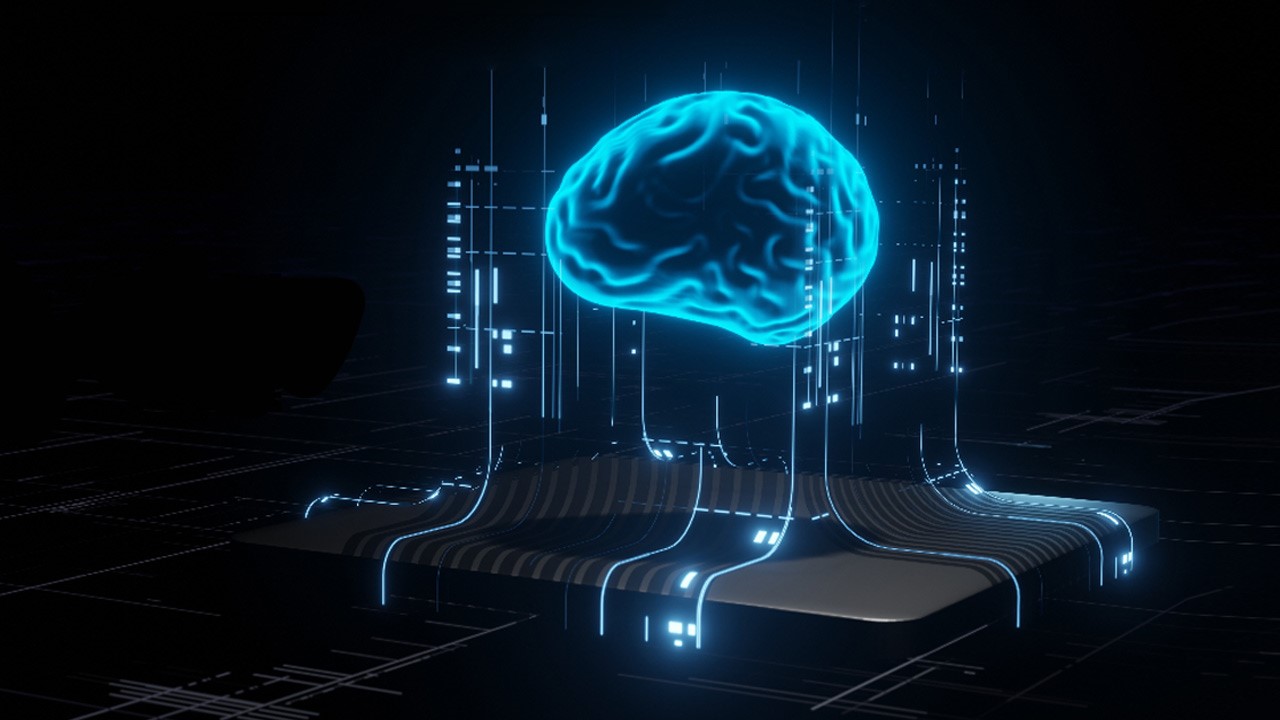
Artificial Intelligence (AI) is everywhere, from our smartphones to self-driving cars. But how much do you really know about it? AI isn't just a buzzword; it's a game-changer shaping our future. Imagine machines that can learn, adapt, and even think! Sounds like science fiction, right? Well, it's real and happening now. AI can analyze massive amounts of data in seconds, making decisions faster than any human. It’s used in healthcare, finance, entertainment, and even in your home assistants like Alexa or Siri. Ready to dive into some mind-blowing facts about AI? Buckle up!
AI's Origins and Evolution
Artificial Intelligence (AI) has a rich history that spans decades. From its early beginnings to its current state, AI has transformed the way we live and work. Here are some fascinating facts about its journey.
-
The term "Artificial Intelligence" was coined in 1956: John McCarthy introduced the term at the Dartmouth Conference, marking the birth of AI as a field of study.
-
AI's roots trace back to ancient myths: Stories of artificial beings with intelligence can be found in ancient Greek mythology, like the tale of Talos, a giant automaton.
-
The first AI program was written in 1951: Christopher Strachey developed a checkers-playing program for the Ferranti Mark 1, one of the earliest computers.
AI in Everyday Life
AI isn't just a concept from science fiction; it's integrated into many aspects of our daily routines. Here are some ways AI impacts our lives.
-
Smart assistants like Siri and Alexa: These AI-powered tools help with tasks like setting reminders, playing music, and answering questions.
-
AI in healthcare: AI algorithms assist in diagnosing diseases, predicting patient outcomes, and personalizing treatment plans.
-
Recommendation systems: Platforms like Netflix and Amazon use AI to suggest movies, shows, and products based on user preferences.
AI in Science and Research
AI has become a powerful tool in scientific research, aiding in discoveries and advancements across various fields. Here are some notable contributions.
-
AI in astronomy: AI helps analyze vast amounts of data from telescopes, identifying celestial objects and phenomena.
-
Drug discovery: AI accelerates the process of finding new drugs by predicting how different compounds will interact with targets in the body.
-
Climate modeling: AI improves the accuracy of climate models, helping scientists understand and predict climate change effects.
AI and Robotics
Robots powered by AI are revolutionizing industries and changing the way we approach tasks. Here are some interesting facts about AI in robotics.
-
Autonomous vehicles: Self-driving cars use AI to navigate roads, avoid obstacles, and make real-time decisions.
-
Robotic surgery: AI-driven robots assist surgeons in performing precise and minimally invasive procedures.
-
Industrial automation: AI-powered robots streamline manufacturing processes, increasing efficiency and reducing human error.
Ethical Considerations in AI
As AI continues to advance, ethical concerns and challenges arise. Here are some important points to consider.
-
Bias in AI algorithms: AI systems can inherit biases from the data they are trained on, leading to unfair outcomes.
-
Privacy concerns: AI's ability to analyze vast amounts of data raises questions about data privacy and security.
-
Job displacement: The rise of AI and automation has sparked debates about the potential loss of jobs and the need for workforce retraining.
The Future of AI
The future of AI holds endless possibilities, with ongoing research and development pushing the boundaries of what AI can achieve. Here are some exciting prospects.
-
AI in education: Personalized learning experiences powered by AI can adapt to individual student needs and improve educational outcomes.
-
AI in creative arts: AI-generated art, music, and literature are opening new avenues for creativity and collaboration.
-
Quantum computing and AI: The combination of quantum computing and AI promises to solve complex problems that are currently beyond our reach.
-
AI for social good: AI is being used to tackle global challenges such as poverty, hunger, and environmental sustainability, making a positive impact on society.
Final Thoughts on AI
Artificial Intelligence (AI) is transforming our world in ways we never imagined. From self-driving cars to virtual assistants, AI is making life easier and more efficient. It's not just about convenience; AI is also revolutionizing healthcare, education, and entertainment. Imagine doctors diagnosing diseases faster or students getting personalized learning experiences.
However, with great power comes great responsibility. Ethical considerations, data privacy, and job displacement are real concerns. It's crucial to balance innovation with caution. Understanding these 19 facts about AI gives you a clearer picture of its potential and pitfalls.
Stay curious and informed. AI isn't just a buzzword; it's a significant part of our future. Embrace the changes, but always ask questions. The more we know, the better we can navigate this exciting yet complex landscape.
Was this page helpful?
Our commitment to delivering trustworthy and engaging content is at the heart of what we do. Each fact on our site is contributed by real users like you, bringing a wealth of diverse insights and information. To ensure the highest standards of accuracy and reliability, our dedicated editors meticulously review each submission. This process guarantees that the facts we share are not only fascinating but also credible. Trust in our commitment to quality and authenticity as you explore and learn with us.


